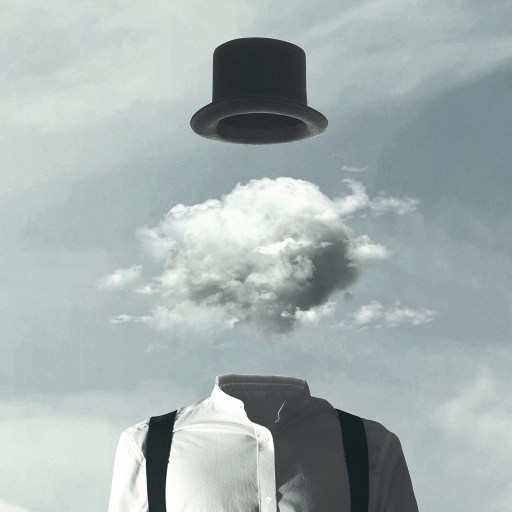bigthinkeditor

In the next phase of the world economic crisis, the euro will either consolidate or collapse. And with it, Europe faces the looming prospect of social unrest, says the New Statesman.
Chinese dairy farming is a growing source of greenhouse gas, but a massive biogas facility in the northeast will turn manure from farms into electricity and fertilizer.
From the standpoint of innovation, entrepreneurs may be changing the way they are thinking—they are becoming less ambitious, says Sean Parker, creator of Napster and Facebook.
Certain groups of people, such as gamblers, smokers and the obese are portrayed a drain on the economy, but Forbes’ Tim Parker says they are a bottomless money pit.
The Web is critical not merely to the digital revolution but to our continued prosperity—and even our liberty. Like democracy itself, it needs defending.
A growing body of research suggests that maintaining an attitude of gratitude can improve psychological, emotional and physical well-being. That’s something to give thanks for.
In a seemingly dramatic change of opinion, Pope Benedict XVI says in a new book that condoms can be justified for male prostitutes seeking to the stop the spread of H.I.V.
If marriage is no longer obligatory or even—in certain cases—helpful, then what is it for? A new poll from the Pew Research Center charts the changing attitude toward marriage.
Blind patients suffering from a type of eye disease that strikes in childhood will become the second group of people in the world to receive stem cells left over from fertility treatment.
Much of what investment bankers do is socially worthless. The New Yorker’s John Cassidy says banks modern iteration is far removed from its historical role of funding business.
High food prices might be considered a good thing from the standpoint of overall global economic efficiency, says Richard Posner on the current increase in global food prices.
Nowhere did the imaginations of capitalist utopians run so rampant, and nowhere did they receive a more stinging rebuke than in Ireland, says Ross Douthat.
Polemic author James Frey has built a controversial writing factory, applying the model of an art studio along the lines of those run by Damien Hirst and Jeff Koons to the book world.
The DREAM Act sends the message that although American immigration law in effect tries to make water run uphill, we are not monsters, says the Democracy in America blog.
Money can’t buy you happiness—or social skills, apparently. A new psychology study finds those who are poor are better at empathy than the wealthy.
Football, the king of American sports, is under fire for its violent tendencies. This is nothing new, says sports historian Chris Klein who favors rule changes to clean up the game.
Non-denominational spirituality plays an important role in the day-to-day functioning of post-apartheid South Africa, says a former director of its Truth and Reconciliation Commission.
After the Soviet Union collapsed, N.A.T.O.’s purpose dissolved. Still, America’s embrace of “collective security” has since become a rationale for subsuming Europe’s military autonomy.
Will Facebook’s up and coming messaging medium prove an important advancement in communication technology or just another step toward communication overload?
How will the Giving Pledge, Bill Gates and Warren Buffett’s quest to get billionaires to donate half their wealth to charity, impact philanthropy and the world’s needy?
A sculpture nestled in the courtyard of C.I.A. headquarters contains four secret codes. To date, three have been uncovered, but the fourth remains a mystery.
An inventor believes he has solved the riddle of how to get humans exploring serious ocean depths previously too dangerous to investigate—by getting us to breathe liquid like fish.
Federal land conservation efforts are a failure and large swaths of the nation’s property should be turned over to the states, say Holly Fretwell and Shawn Regan at Forbes.
Wi-Fi may be killing trees. A study by a Dutch university suggests that Wi-Fi radiation causes strange abnormalities in trees and stunts the growth of other plants, such as corn.
Expertise might come with a dark side as all those learned patterns make it harder for us to integrate wholly new knowledge. Jonah Lehrer on why expertise is inflexible to new ideas.
When economists advise the government, their vision may be clouded by their own financial interests, say two University of Massachusetts professors.
Is history repeating itself? Professor of English Alan Jacobs draws parallels between the moral development of 18th century England and our own post-modern times.
Has 2010 been a watershed year for Western politics or just a continuation of the move towards a neoliberalised system? History professor Mark LeVine gives an answer.
Researchers at M.I.T. have taken a step toward replicating organs by discovering a way to make “building blocks” containing different kinds of tissue that can be put together.
